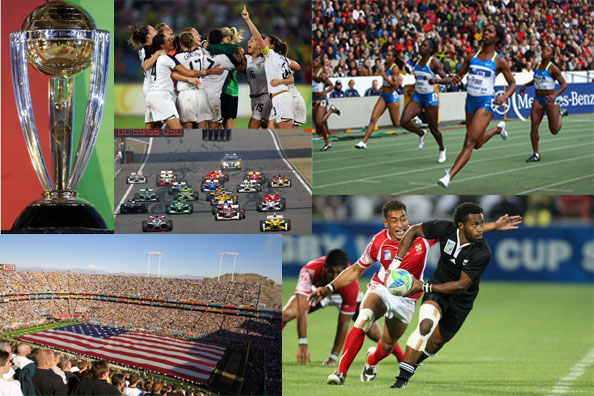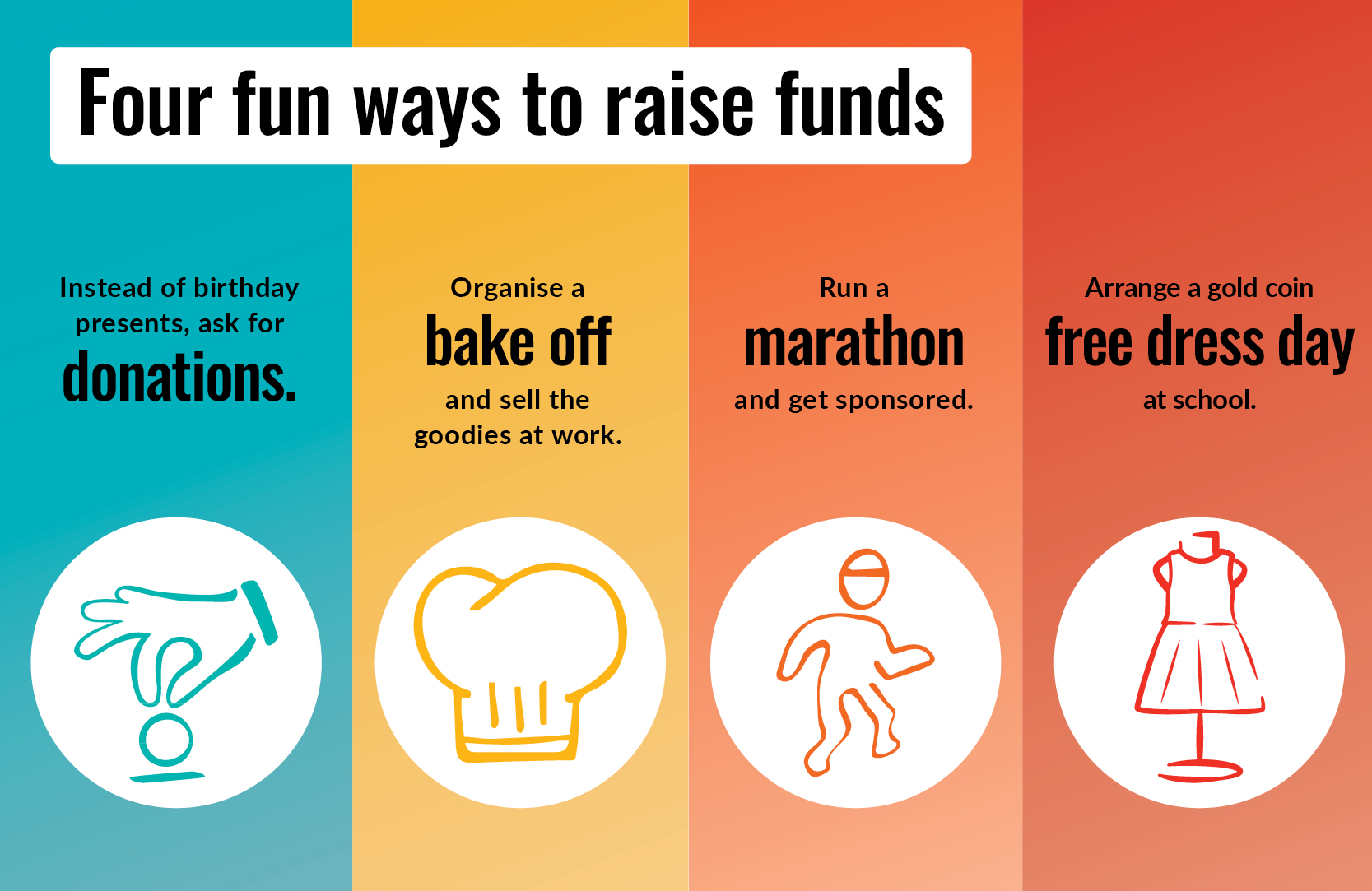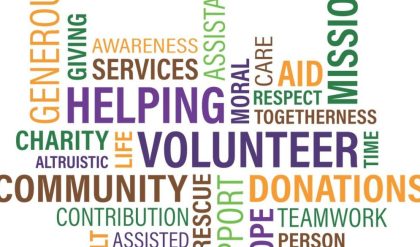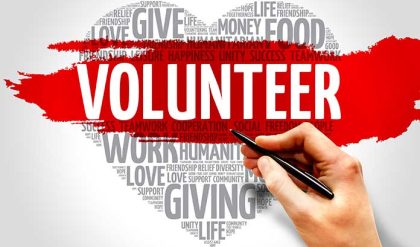Introduction
Community events are more than just gatherings; they are vibrant celebrations that bring people together for a common purpose, whether it’s to celebrate, learn, or engage in social activities. These events play a crucial role in strengthening community bonds, promoting local culture, and fostering a sense of belonging among residents. In this blog, we’ll dive into the history, types, and significance of community events, highlighting their impact on social cohesion and community development.
The History of Community Events
Early Beginnings
Community events have existed for centuries, dating back to ancient civilizations where festivals and gatherings were held to celebrate agricultural harvests, religious ceremonies, and seasonal changes. These early events served as a means of bringing people together, reinforcing social ties, and sharing cultural traditions. Imagine the joy of a harvest festival where neighbors come together to celebrate the fruits of their labor!
Evolution Over Time
As societies evolved, so did the nature of community events. In the Middle Ages, fairs and markets became popular, providing opportunities for trade, socializing, and entertainment. The Industrial Revolution brought about urbanization, leading to the organization of community events in cities to foster a sense of community among diverse populations. These gatherings have always been a way for people to connect, share experiences, and build relationships.
Types of Community Events
1. Cultural Festivals
- Description: These events celebrate the cultural heritage of a community, showcasing traditions, music, dance, and cuisine.
- Examples: Diwali festivals, Chinese New Year celebrations, and local arts and crafts fairs.
Cultural Festivals

2. Educational Workshops
- Description: Workshops and seminars designed to educate community members on various topics, such as health, sustainability, and skills development.
- Examples: Gardening workshops, financial literacy seminars, and health fairs.
Educational Workshops

3. Sports Events
- Description: Community sports events promote physical activity and teamwork, often involving competitions or friendly matches.
- Examples: Local marathons, soccer tournaments, and community sports leagues.
Sports Events

4. Charity Fundraisers
- Description: Events organized to raise funds for local charities or causes, fostering community support and engagement.
- Examples: Charity runs, bake sales, and benefit concerts.
Charity Fundraisers

The Significance of Community Events
Strengthening Social Bonds
Community events provide opportunities for residents to connect, interact, and build relationships. These gatherings foster a sense of belonging and create a supportive environment where individuals can share experiences and form friendships. Picture a summer picnic where neighbors gather, share food, and enjoy games together—these moments create lasting memories and connections.
Promoting Local Culture
Events that celebrate local culture and traditions help preserve heritage and promote community pride. They provide a platform for showcasing local talent, artisans, and businesses, contributing to the overall vibrancy of the community. When people come together to celebrate their culture, it reinforces their identity and strengthens their community spirit.
Encouraging Civic Engagement
Community events often encourage civic participation and activism. By bringing people together, these events raise awareness about local issues and inspire residents to get involved in community initiatives. Whether it’s a town hall meeting or a neighborhood cleanup, these gatherings empower individuals to take action and make a difference.
Organizing Successful Community Events
Planning and Coordination
Successful community events require careful planning and coordination. Organizers should consider factors such as the target audience, venue, budget, and logistics. Engaging community members in the planning process can enhance participation and support, making the event more meaningful for everyone involved.
Marketing and Promotion
Effective marketing and promotion are essential for attracting attendees to community events. Utilizing social media, local newspapers, and community bulletin boards can help spread the word and generate interest. The more people know about the event, the more vibrant and lively it will be!
Evaluation and Feedback
After the event, organizers should evaluate its success by gathering feedback from participants. This information can provide valuable insights for future events, helping to improve planning and execution. Listening to the community’s thoughts can make each event better than the last.
Join us as we highlight upcoming community events that encourage participation and connection. For tips on how to get involved, don’t miss our post on Volunteer Opportunities: Making a Difference One Deed at a Time.


